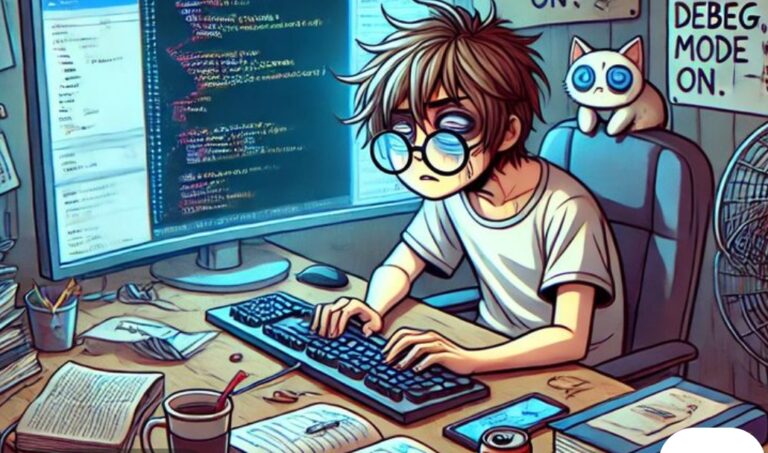In a legal challenge against India’s recently enacted Promotion and Regulation of Online Gaming Bill, 2025, which imposes a nationwide ban on all forms of online money games, Heads Digital Works Pvt. Ltd., the company operating popular platforms like A23 Rummy and Poker, has taken the government to the Karnataka High Court, arguing that this blanket ban is unconstitutional and infringes upon established legal distinctions between games of skill and games of chance, as well as fundamental rights to trade and livelihood.
This legal battle highlights the significant tension between the government’s aim to curb potential social harms associated with online money gaming and the online gaming industry’s fight for its operational viability and recognition as a legitimate sector.
Key points of the Petition:
- Legal Challenge: Heads Digital Works has petitioned the Karnataka High Court, arguing that the newly enacted Promotion and Regulation of Online Gaming Act, 2025, is unconstitutional.
- Discrimination of Skill vs. Chance: The core argument is that the law fails to distinguish between games of skill (like rummy and poker) and games of chance, a distinction consistently upheld by Indian courts.
- Violation of Fundamental Rights: The company contends that the ban infringes on its fundamental rights to trade, equality, and livelihood as protected by the Indian Constitution.
- Economic Impact: The petition highlights the severe economic consequences of the ban, including potential job losses for 606 employees of Heads Digital Works and over two lakh employees across the sector, along with a loss of over ₹23,440 crore in investments.
- Temporary Relief Sought: Heads Digital Works has requested the court to temporarily block key sections of the law and grant a protective order against enforcement action while the case is pending.
- Hearing Date: The Karnataka High Court is scheduled to hear the matter on August 30.
Conclusion:
In conclusion, the legal challenge brought forth by Heads Digital Works against India’s online gaming ban marks a pivotal moment for the country’s burgeoning online gaming industry. The outcome of this case, particularly the Karnataka High Court’s ruling on the distinction between games of skill and chance and its impact on fundamental rights, will have profound implications not only for gaming companies and their employees but also for the broader regulatory landscape concerning online activities in India.
This legal battle underscores the need for clear and nuanced regulations that balance innovation, economic opportunity, and societal concerns in the rapidly evolving digital realm.
